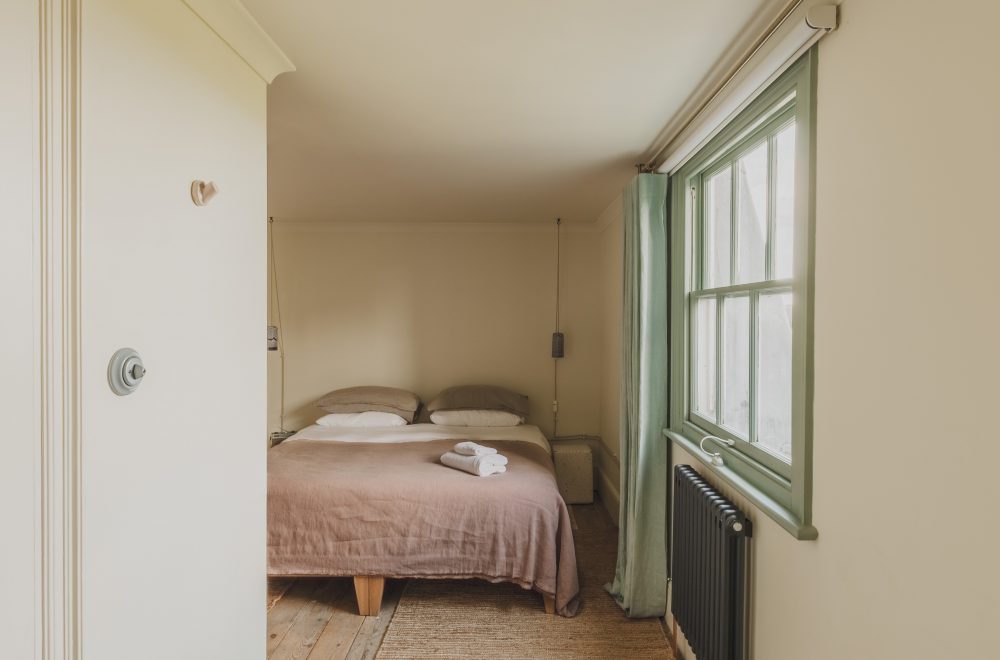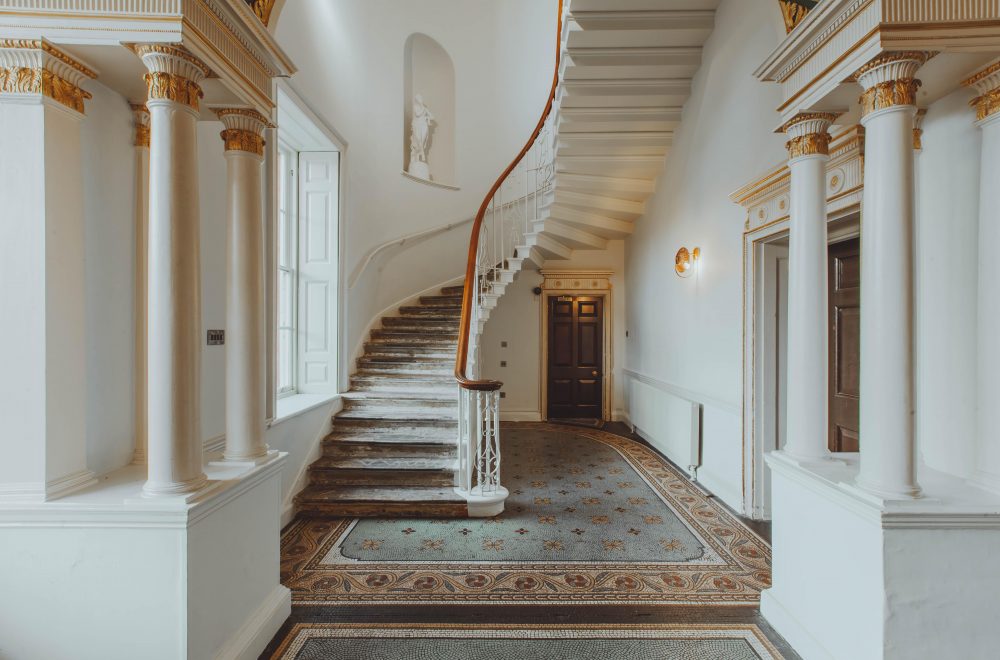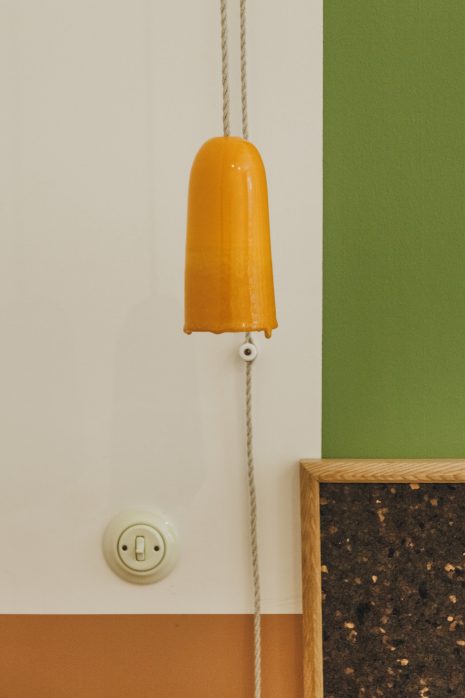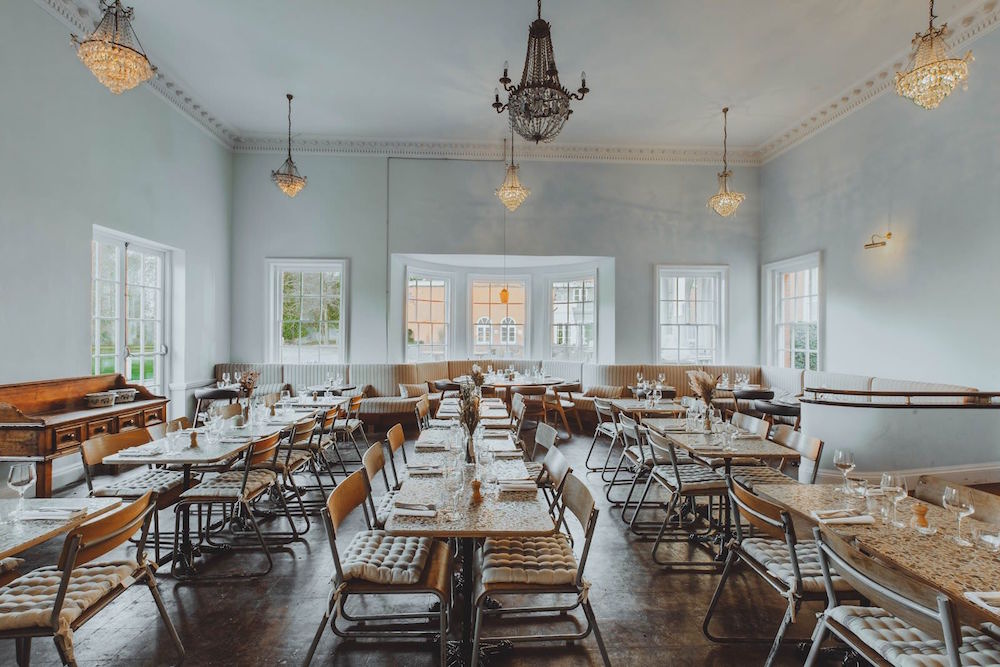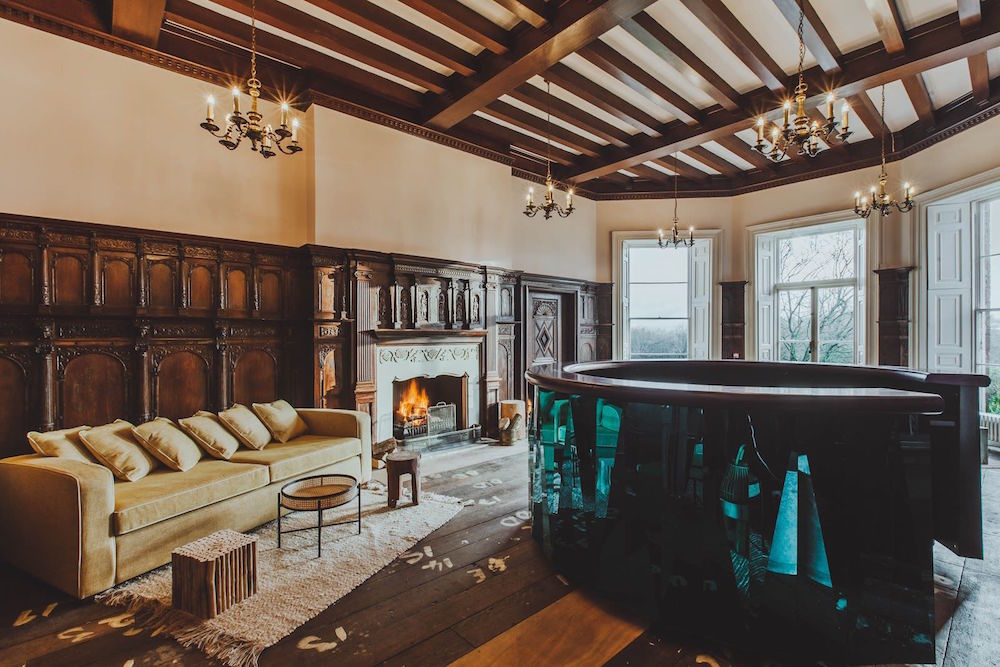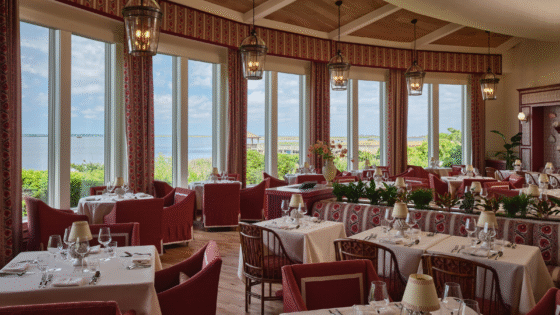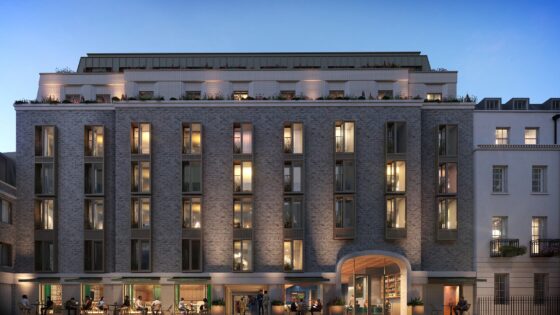To coincide with the opening of Birch, which has been described as a ‘next-generation escape’ hotel just outside London, editor Hamish Kilburn considers how Covid-19 has challenged the luxury hotel market by hearing from international architecture and interior design firm Red Deer on the luxury hotel’s design story…
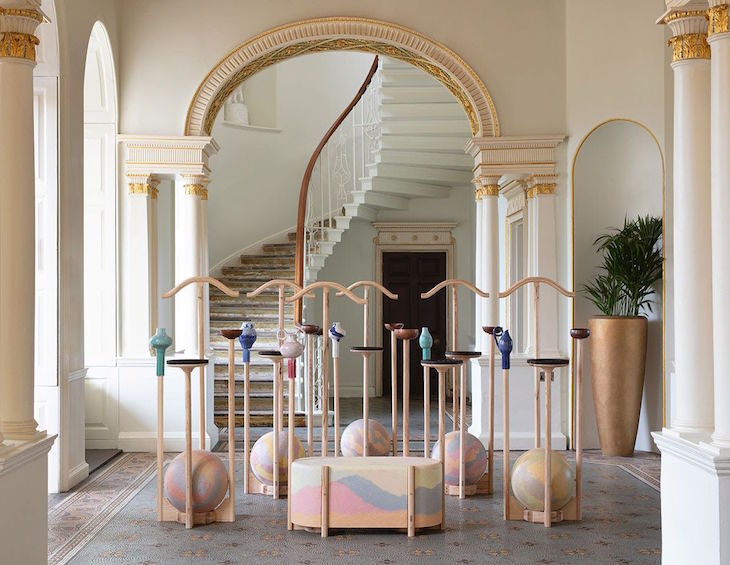
Even after lockdown, Covid-19 has created a distance between us, which is predicted to last for a while. Although we will meet again as we did before, architecture firm Red Deer believes that a new shift in the luxury market will emerge from our time apart.
“For Red Deer, luxury comes from the creation of a meaningful emotional connection between the hotel guest and the space they inhabit.”
Red Deer considers the term ‘luxury’ as degraded through overuse, and the parameters of what constitutes a ‘luxury hotel’ can be difficult to define. The concept can be specific to each individual guest, based on their own expectation, habits and culture. For Red Deer, luxury comes from the creation of a meaningful emotional connection between the hotel guest and the space they inhabit.
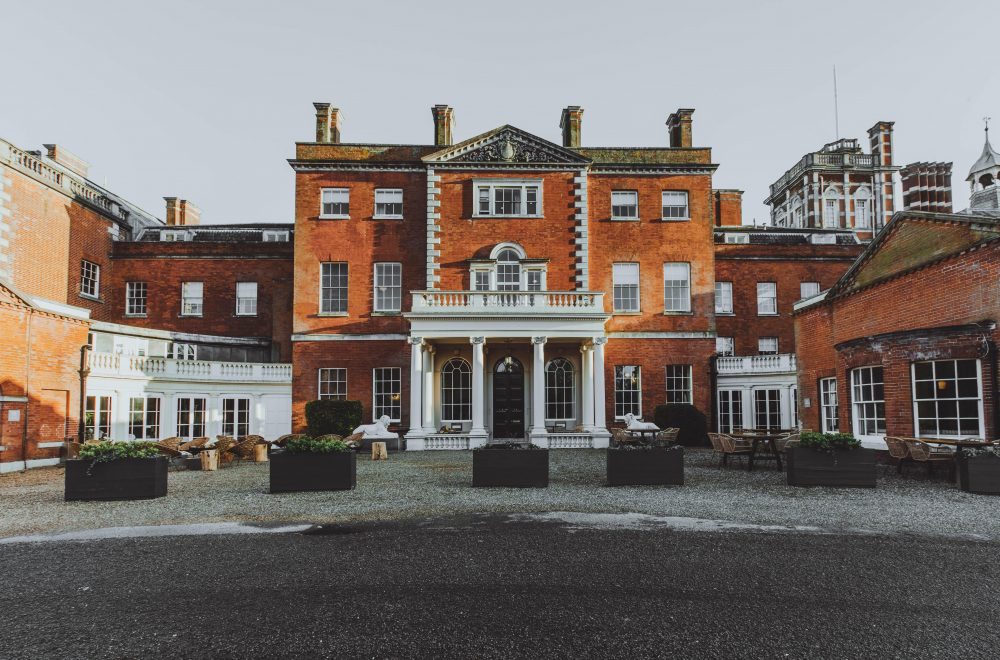
Image credit: Birch/Red Deer/Adam Firman
“Millennials represent only about 32 per cent of spending in the personal luxury market, but by 2025 they are expected to make up 50 per cent of the total market,” writes Forbes contributor Pamela N. Danziger. “Some 130 per cent of market growth in the next seven years will be attributed to the Millennial generation.”
Rejecting traditional wealth values
The luxury industry has often been aligned with indulgence and excess rather than sustainability and connections. Quality craftsmanship and experiences may continue to command a premium price tag, however, Millennials are creating a new focus towards sustainability. Both Millennial and Gen Z groups’ expectations from luxury brands are very different from those of Gen X and Baby Boomers who favour traditional wealth values. Social connections and insider knowledge are of more importance to these younger consumers who are more likely to make value-based acquisitions and purchases. Luxury weaves its way through their experiences, free time, travel, community, self-growth and security.
- Image credit: Birch/Red Deer/Adam Firman
- Image credit: Birch/Red Deer/Adam Firman
For the Birch hotel project, a 140-key hotel that is set within 55 acres of nature just outside of London, Red Deer deconstructed the meaning of a hotel and pieced it back together to ensure that no element was intrinsic without careful consideration. The obvious need for a bed and bathroom are present, however, more attention was given to the contemporary ‘luxuries’ such as a TV, telephone and smart lighting systems to ascertain their place in a luxury hotel for an increasingly younger generation of guests.
“With Birch, the firm felt it crucial to collaborate with local artists and makers to create some unique pieces in the rooms.”
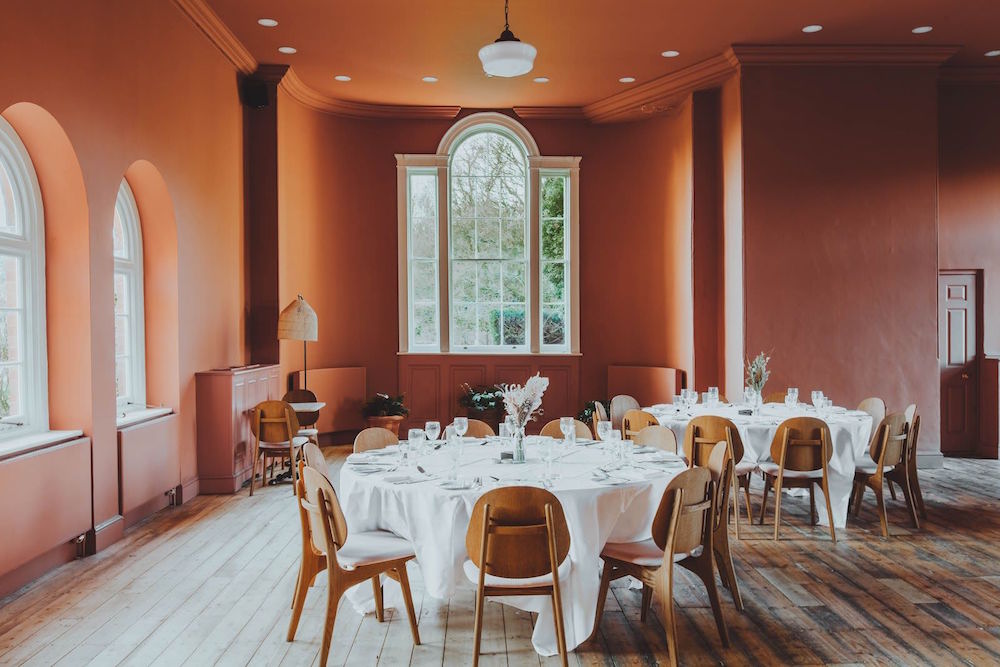
Image credit: Birch/Red Deer/Adam Firman
As the landscape for luxury hospitality has evolved, the onus is now focused on creating a unique and personalised one-to-one experience for guests. This bespoke experience is a key driver throughout the design of Red Deer’s projects. With Birch, the firm felt it crucial to collaborate with local artists and makers to create some unique pieces in the rooms and challenge the idea that uniformity was essential for large batch furniture specification.
- Image caption: Interior design detail inside Birch (Cheshunt), the brand’s first hotel. | credit: Birch/Red Deer/Adam Firman
- Image credit: Modern lighting inside the brand’s first hotel, Birch (Cheshunt) credit: Birch/Red Deer/Adam Firman
The most prominent of these pieces is a bespoke valet stand constructed by Jan Hendzel Studio, utilising recycled plastic orbs by sustainable material designer Charlotte Kidger, textured vases by ceramicist Emma Louise Payne and hand-beaten copper bowls by metalsmith Lucie Naujalis. It’s a piece that is intimate and personal, telling a story of three different elements brought together in a single form that is simultaneously light and robust, whilst able to be easily taken apart when required and updated over time. It’s a piece designed to stimulate the guest’s senses and spark their curiosity.
- Image credit: Birch/Red Deer/Adam Firman
- Image credit: Birch/Red Deer/Adam Firman
Before the pandemic, the global luxury market was predicted to reach €1.3 trillion by 2025. As the hospitality industry enters a challenging period in Q2/3 2020 it is ever-important for the designers and hotel investors to consider the changing market needs and place social connections and insider knowledge alongside premium experiences at the forefront of their business models. Hotels aren’t just bedrooms with smart technology, but memory-making experiences that create value and loyalty.
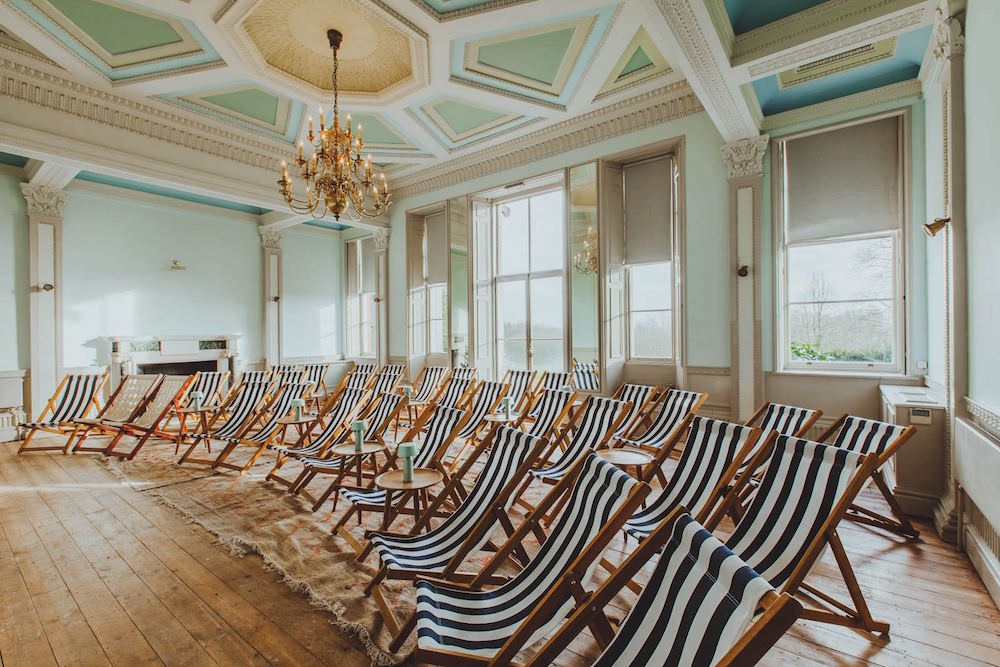
Image credit: Birch/Red Deer/Adam Firman
Red Deer believes Birch to be an example of how hospitality projects should be approached, considering a long-term commitment to sustainability within a renovation or new build as a crucial component of architectural design.
Main image credit: Birch/Red Deer/Adam Firman

